Was Starmer right to link Brexit to a rise in small boat crossings
Tamara Kovacevic and Tom EdgingtonBBC Verify
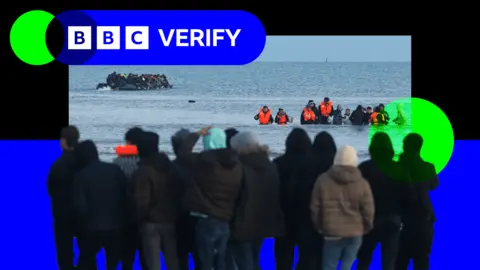 Getty Images
Getty ImagesPrime Minister Sir Keir Starmer has linked the rise in small boat arrivals to Brexit, describing the crossings as “Farage boats”.
He placed some of the blame on the UK leaving European Union (EU) agreements that had previously allowed the return of asylum seekers.
In the years before Brexit vote, the UK returned more people than it received – but in relatively small numbers. After the 2016 referendum, arrivals started to outpace removals.
Migration experts say other Brexit factors, like the ending of fingerprint database access, have also made a difference.
In response, Reform UK accused the PM of “spreading complete misinformation”.
‘Farage boats’
Starmer said the UK had a “returns agreement” with every country in the EU before Brexit.
The PM was apparently referring to the Dublin III regulation – which the UK formally exited on 1 January 2021.
“He [Farage] told the country it will make no difference if we left,” Sir Keir told GB News. “Well, he was wrong about that – these are Farage boats, in many senses, that are coming across the Channel.”
The regulation allowed some asylum seekers to be returned to the first country in the EU that they had entered, although other factors like family reunion were taken into account. Under the scheme, some people could be sent to the UK too.
Responding to Sir Keir’s claim, Reform UK told BBC Verify that the Dublin regulation “made us a net recipient of asylum seekers” and “did nothing to make it easier to return asylum seekers”.
However, the UK only become a net recipient in the period between the 2016 Brexit vote and leaving the scheme at the end of 2020.
As the chart below shows, in the years leading up the referendum the UK transferred more people to other EU countries under the regulation than it received in return.
The UK-France scheme – which is being run as a pilot – has seen just three people returned and three arrive since August.
BBC Verify spoke to Dr Peter Walsh from the independent Migration Observatory based at the University Oxford.
He told us that there was evidence that migrants were aware that the UK had left the Dublin agreement, which had previously made them feel at risk of being returned to the EU.
“The impact of Brexit… makes migrants more likely to choose to come to the UK. This was a notable theme that came from migrants or charity workers, lawyers and so on.”
While it is not entirely clear why the UK was a net recipient of asylum seekers in the years after the Brexit vote, Dr Walsh added that “some legal experts suggested that it was because of dysfunction of the special Dublin returns unit at the Home Office”.
When it comes to why some migrants decide to make the crossing, Dr Walsh said there were a number of pull factors.
“Family is a very important factor… members of the community, friends, diaspora, network – that’s the biggest.
“Number two would be English language and then three and four Brexit and perceptions of the UK as being more tolerant”.
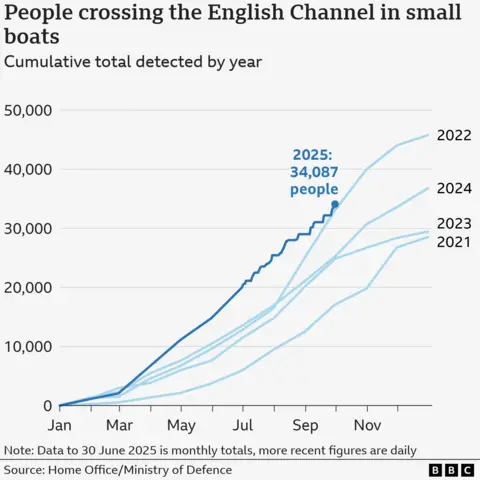
According to the latest Home Office figures, 34,087 people have crossed the English Channel in small boats so far this year – a record high.
Arriving in the UK via this method is only a relatively recent phenomenon. In 2018 – the first year the government published figures – 299 migrants crossed the channel. This rose to 8,462 in 2020 before more than tripling in 2021.
EU fingerprint database
As well as leaving the Dublin regulation, the UK is no longer of part the EU’s database of fingerprints of asylum seekers and irregular migrants, known as Eurodac.
This means the UK can no longer see whether people arriving on small boats have already made an asylum claim in another EU country.
In 2020 – the last year of the UK’s access to the database – half of the 8,466 people that arrived by small boats were already flagged on the Eurodac database for crossing the EU border illegally. Some of them might have made an application in more than one EU country.
Peter Walsh told us that while leaving the Eurodac database had made a difference, it was impossible to quantify the impact.
“We have no access to it any more. That’s a big deal.
“We would know that they claimed asylum in another country and that would enable us to issue an immediate refusal – you are inadmissible, you have a claim in another country, or you’d been refused, and that would allow us to make a speedy refusal and then try to remove them.”

Share this content:
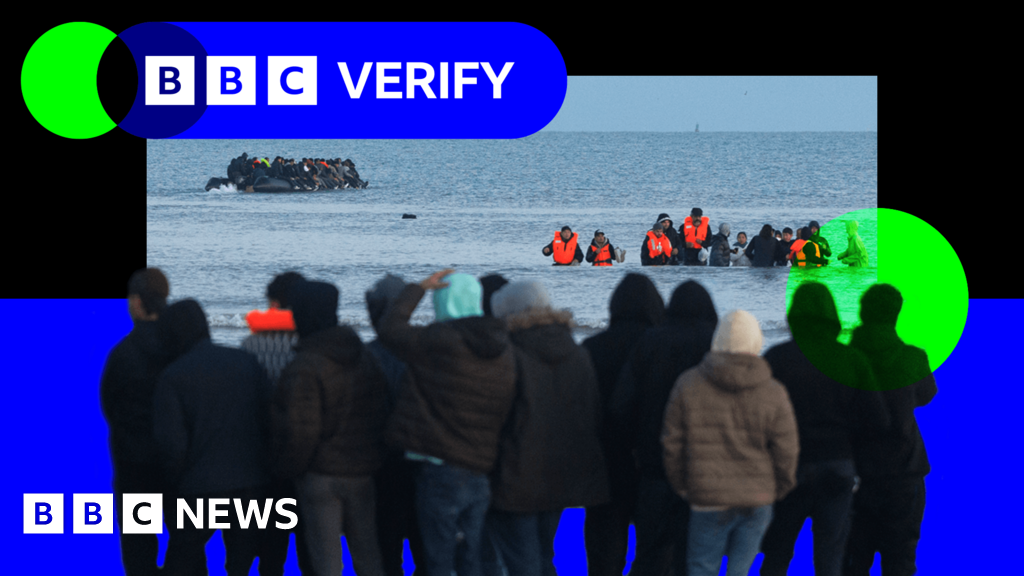

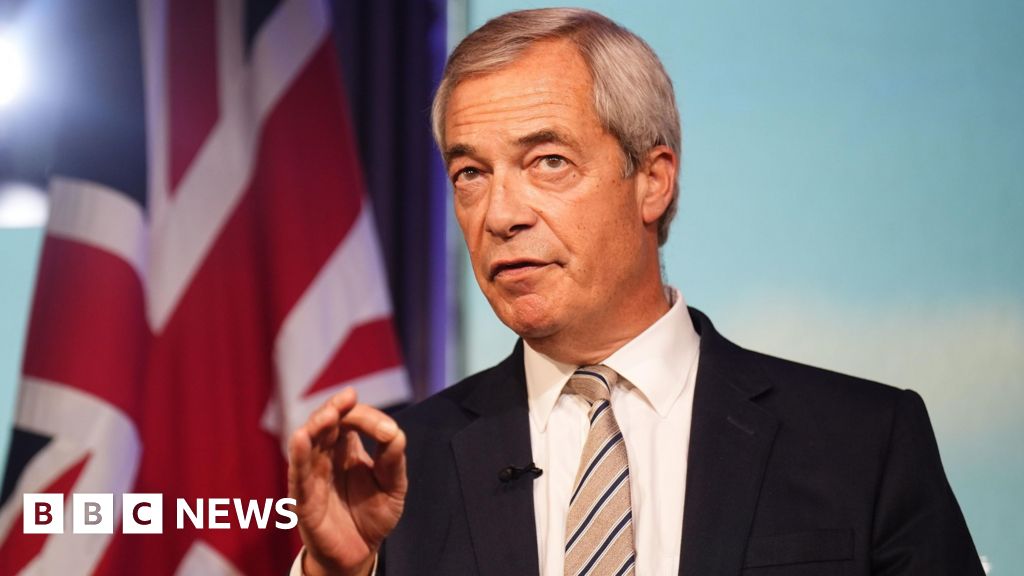
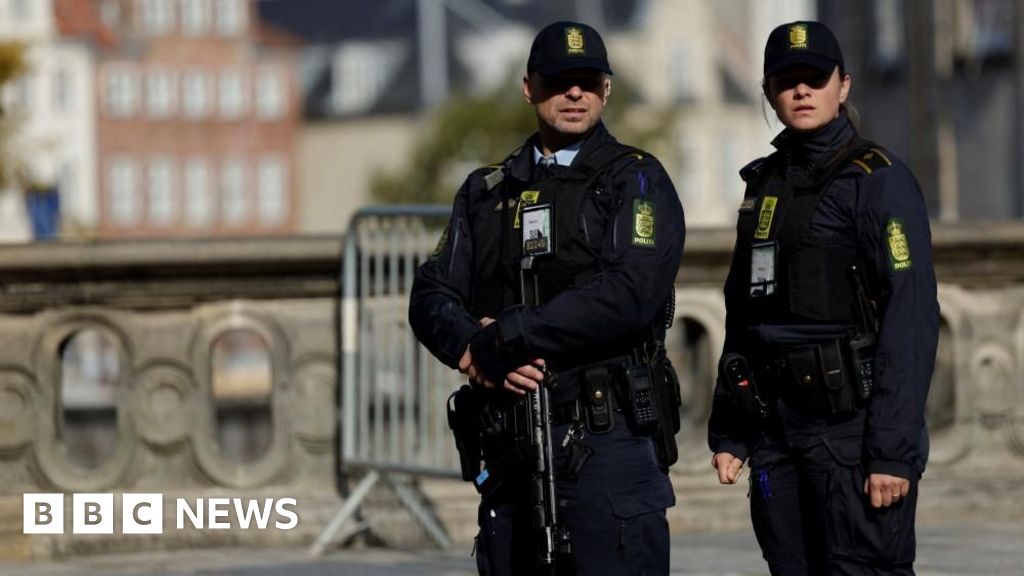
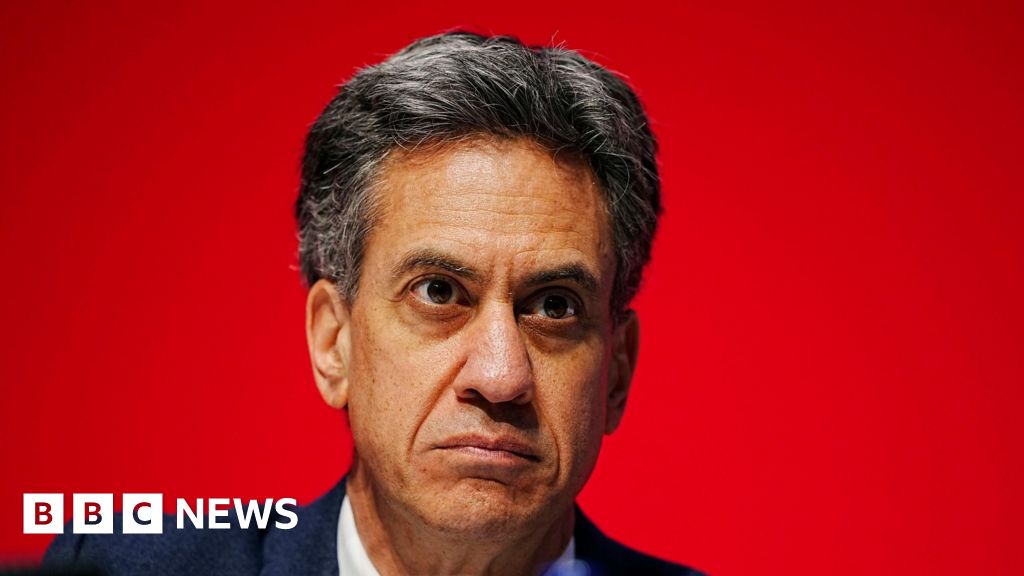
إرسال التعليق